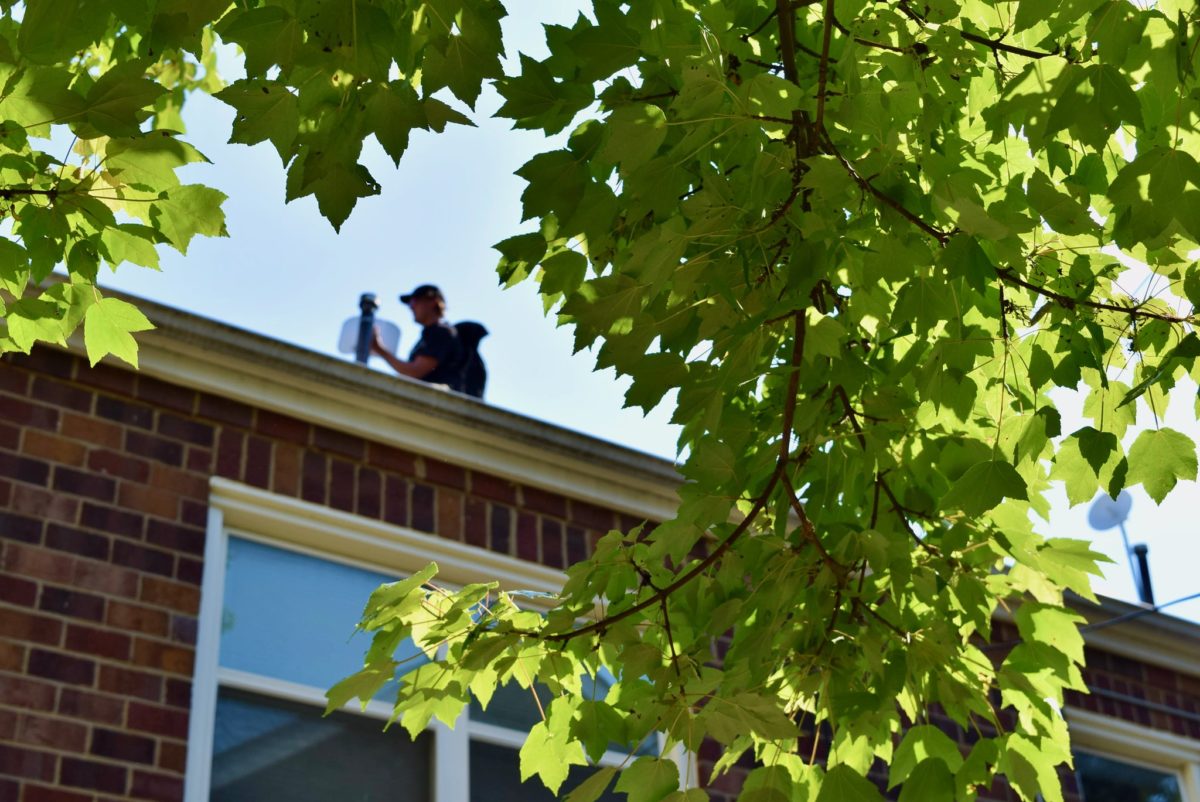Baltimore City Councilmembers Zeke Cohen, Kris Burnett and Ryan Dorsey wrote a letter this week calling on the Federal Communications Commission (FCC) to set up a commission to investigate “digital redlining.”
The letter signed by 106 officials across the country asks the FCC to use its title II authority, which distinguishes Internet Service Providers as “common carriers” — a step below a utility but a step above in terms of ability to regulate a title I “information service” — to regulate ISPs and to state clear rules that prevent “blocking, throttling and paid prioritization.” They also want the FCC to use its power to safeguard against data caps by broadband providers, which the letter describes as akin to “a regressive tax that impacts poor communities and cities like Baltimore—primarily communities of color the most.”
Today @CouncilmanKB @ElectRyanDorsey & I sent a letter with 103 elected officials from across the country calling on the FCC to investigate Digital Redlining.
We are tired of predatory providers like Comcast holding Black and Brown children’s education for ransom in a pandemic. pic.twitter.com/ssXWWigV1j
— Zeke Cohen (@Zeke_Cohen) March 16, 2021
https://platform.twitter.com/widgets.js
The three councilmembers previously asked the Maryland Attorney General’s office to investigate Comcast‘s since-postponed plans to implement data caps this year. Now they are turning attention to the federal government, where the FCC changed leadership with the election of a new president. After the departure of Trump appointee Ajit Pai, acting chair Jessica Rosenworcel was appointed by recently-inaugurated President Joe Biden.
“The Biden Administration has committed to pursuing an agenda centered on racial equity. In Baltimore we’ve seen the impact of systemic disinvestment and historic redlining in our lack of affordable high quality internet access,” Cohen said via email. “Over 40% of families lack home wireline internet, causing students to struggle to get an education and seniors to be locked out of telemedicine appointments. But this isn’t just a Baltimore problem. This is an American problem. That’s why we received support from over 100 local elected officials.”
Digital redlining is a term that draws a parallel between the disparities in home internet access to the systemic divestment from Black communities perpetrated by banks and mortgage lenders. Data from recent studies shows that, on both a city and state level, Black people are disproportionately affected when it comes to lack of internet access. In Maryland, African American households account for 40% of all disconnected households and those below Maryland’s median income of $84,805 account for 75% of those without home internet service or a laptop, desktop or tablet, according to a recent Abell Foundation report.
“We need the FCC to step in and support the needs of American families in cities, suburbs, towns and reservations across the country,” said Cohen. “We are asking them to be a watchdog and support people, particularly in Black, Brown and indigenous communities that need to be connected.”







